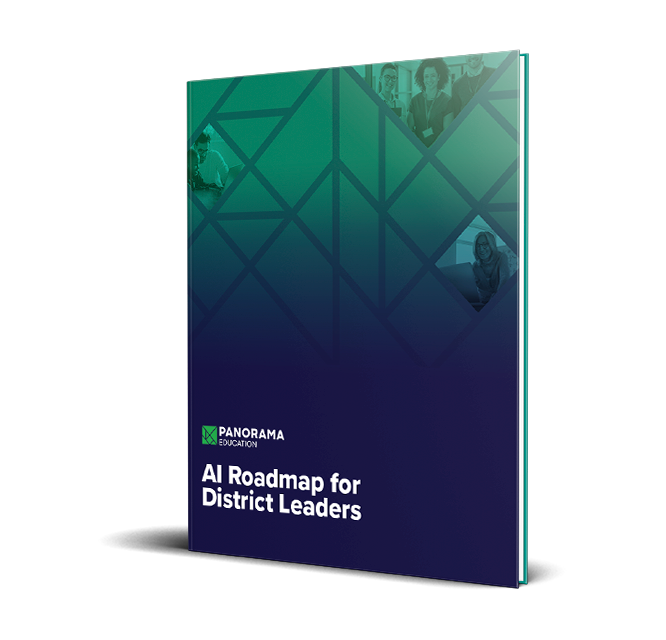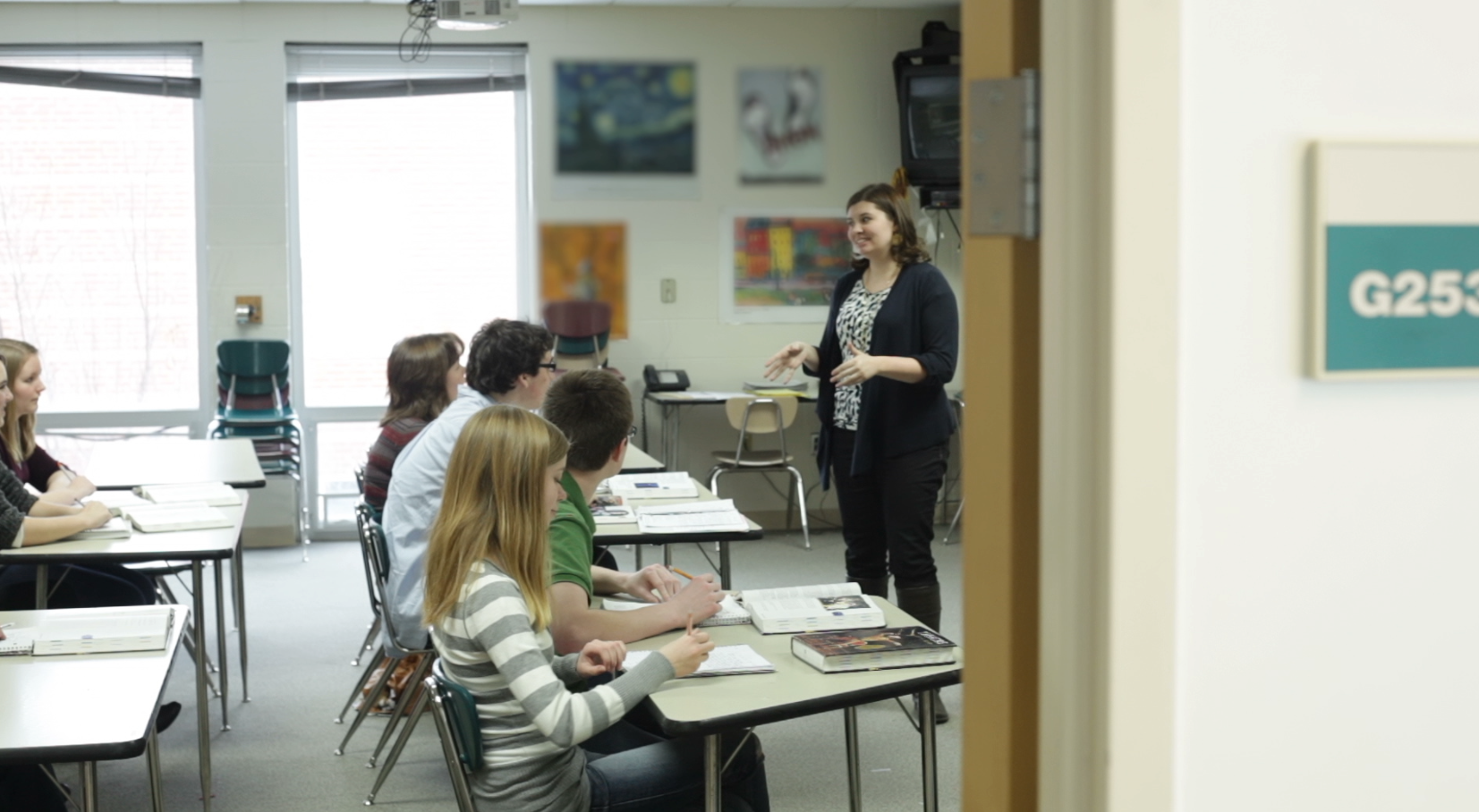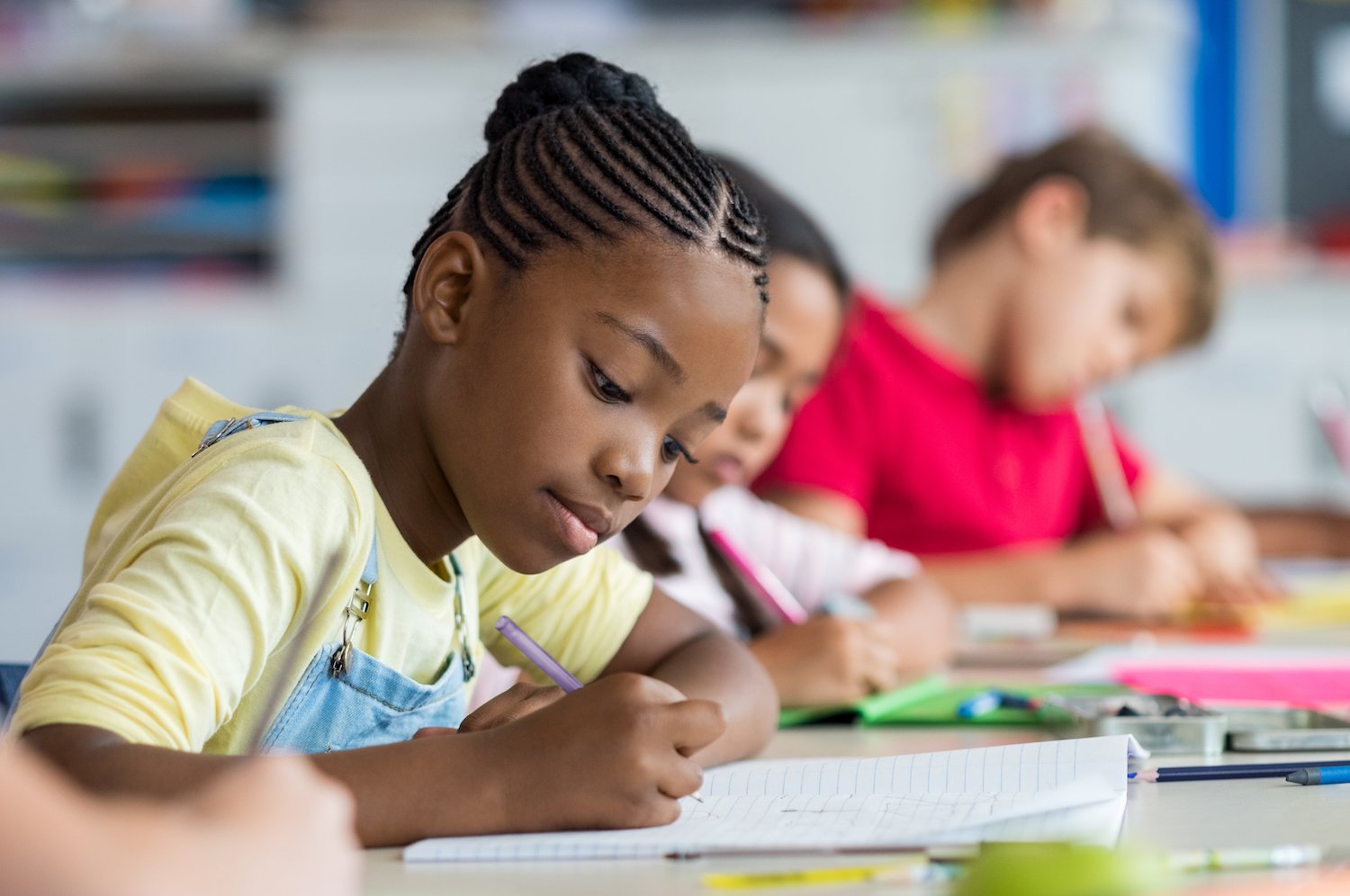Having just flown back from speaking about Social and Emotional Learning (SEL) at the SXSWedu conference in Austin, TX and returned my cowboy boots to the back of the closet, I wanted to reflect on a couple of my big take-aways from the conference.
- If you measure it, it will matter. In Austin, I presented on a panel about Social and Emotional Learning (SEL). Though not a new idea, the notion that we need to develop students’ capacities (both skills and dispositions) around their social, motivational, and self-regulation capacities has gained a lot of traction recently. The pendulum seems to be swinging away from the push for standardized testing with increasing velocity. A key take-away from the panel is that a big (but rapidly diminishing) barrier to infusing SEL into school curricula is our ability to rigorously measure these capacities. As we learn to measure these domains with as much precision as measurement of math and reading skills, I think we will see a lot more of these crucial capacities being taught.
- Test less (narrowly); assess more (broadly). While I have recently become especially convinced that we need to dramatically expand the array of outcomes we assess in our students, I didn’t realize how pervasive this interest is becoming. Several great sessions contained this theme – including some notes from Linda Darling-Hammond on how standardized test performance is about the last thing most employers are interested in looking at.
- Do social comparisons = social peril? While at the conference, I spoke with Marketplace reporter Adriene Hill about the role of SEL in schools. She posed a question that I pondered for a while afterwards. In discussing the importance of social connectedness, she asked about the down-side of all our computer-mediated social interactions (e.g., Facebook and some of the recent research findings about it making people unhappy)… does this hurt students’ SEL?
I think a key issue is whether or not there are implicit social comparisons involved in how technology mediates social interactions. In other words, Facebook implicitly encourages us to compare ourselves (the good, the bad, and the ugly) with curated versions of our friends and family (i.e., only the good). Although this idea is just a hypothesis at this point, I suspect that SEL curricula, interventions, and pedagogies would be wise to minimize social comparisons and instead allow students to look at their own progress over time. See the Marketplace website for the rest of her piece.








.png?width=350&height=212&name=pano-ft-rsrce%20(1).png)